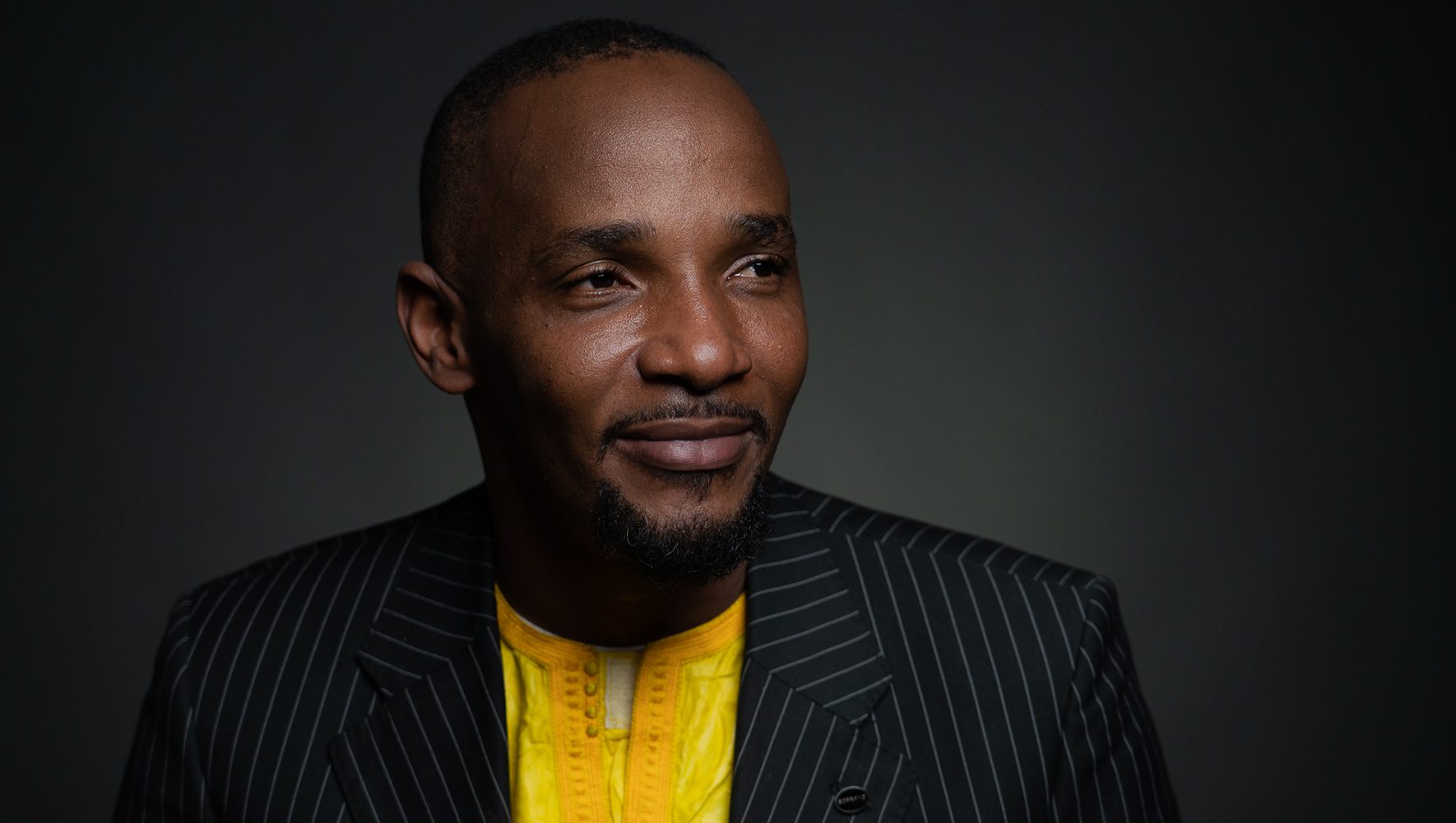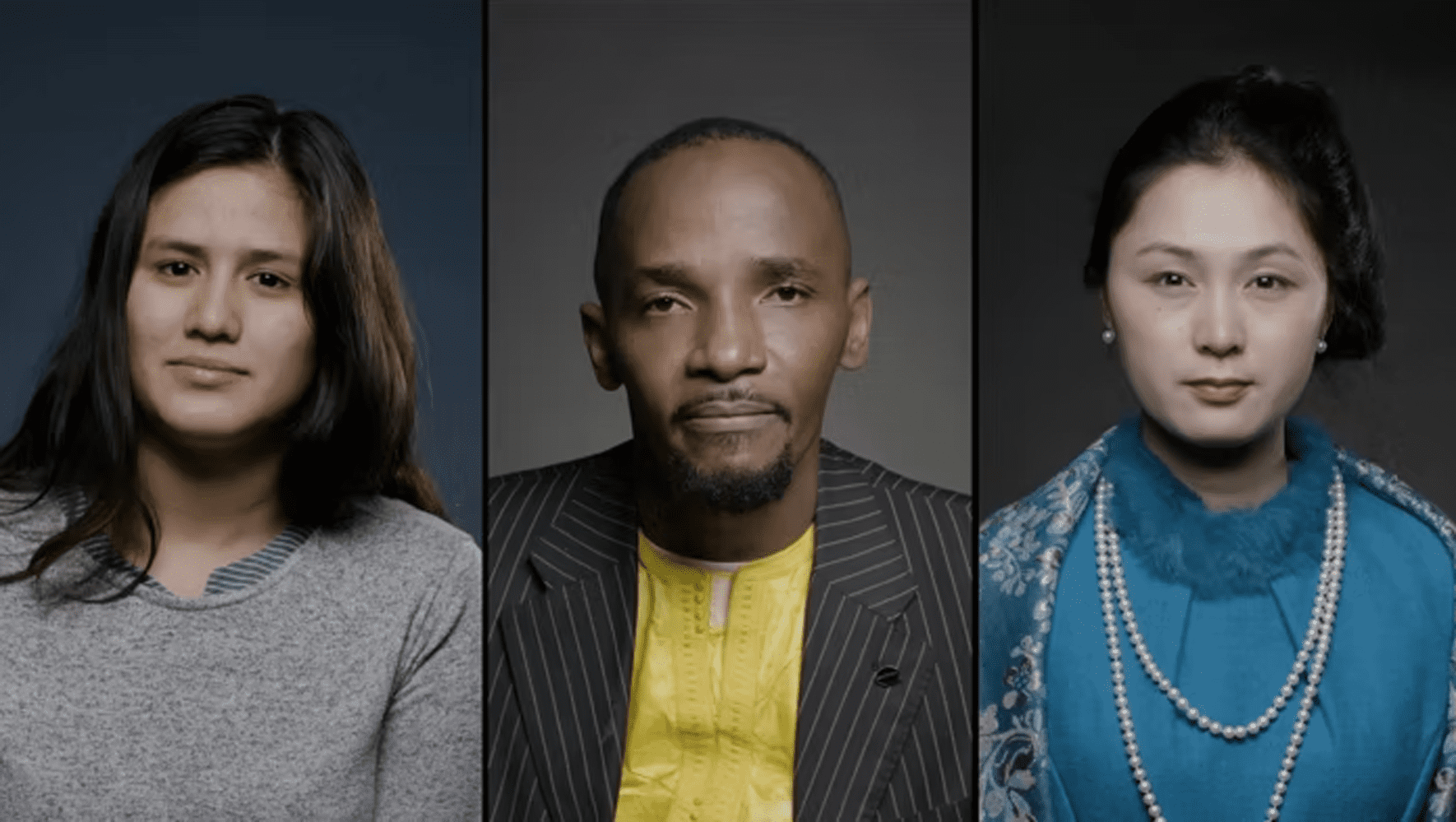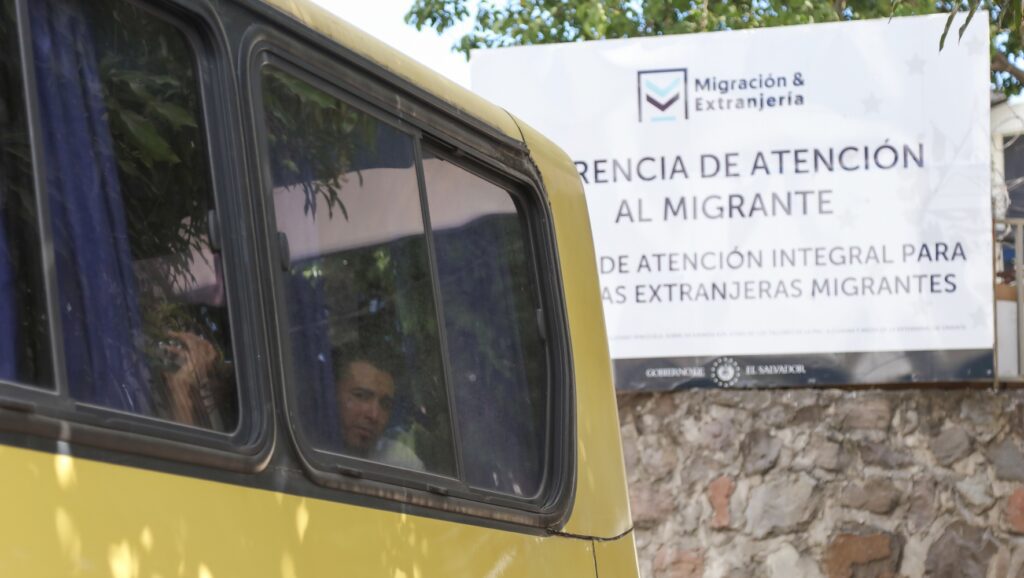
In 2015, Biniyam*, an Ethiopian man employed at his country’s embassy in Yemen, returned home for the birth of his first child. What should have been a joyous occasion for Biniyam’s family, however, was soon marred by an event that would shatter it instead. The Ethiopian government discovered that while Biniyam was abroad, he had worked to expose crimes the Ethiopian government carried out against its own citizens — including kidnapping and killing opposition party members and supporters. Biniyam’s house was raided, and he was arrested and tortured. After paying bribes, his father secured his release. Biniyam fled to the United States, leaving behind his wife and newborn son.
Just one month after touching down at Ronald Reagan Airport in Washington, D.C., Biniyam filed a claim for asylum. But eight more years would pass before he had the opportunity to tell his story to an asylum officer. In the interim, Biniyam remained in an extended, uncertain period of legal limbo.
Biniyam’s experience is all too common. Even as the right to claim asylum is under threat, the system itself poses major hurdles to those seeking safety — including a massive backlog that forces asylum seekers to wait for years without permanent legal status. Asylum seekers face many challenges while they wait, including being unable to plan for their futures with any certainty or reunite with their families.
The Asylum Backlog
Asylum is an essential lifeline for those fleeing persecution based on their race, religion, nationality, membership in a particular social group, or — like Biniyam — political opinion. Unlike refugees, asylum seekers must request this protection while already on U.S. soil. There are two parallel systems that process asylum claims in the U.S. Affirmative claims like Biniyam’s, in which a person applies for asylum proactively (generally while under another temporary status, such as a visa), are processed by U.S. Citizenship and Immigration Services (USCIS). Defensive asylum cases, in which a person claims asylum as a defense against deportation, are processed in immigration courts.
There are now over 2 million asylum claims pending in the U.S. 1.1 million of these await in U.S. immigration courts, where they make up about one third of the total cases of all types in the court’s backlog — with only 682 immigration judges across the country to preside over them all. A further 1.1 million asylum applications are pending under USCIS as of November 2023.
This backlog of cases means that, on average, asylum seekers wait about four years for a decision in immigration court and over six years for a decision from USCIS. For many, the wait is far longer — in a November webinar, HIAS Staff Attorney Nathan Gargan said that some of his clients have waited a decade. About half of HIAS clients with pending asylum claims have waited four years or longer since applying for asylum.
In 2018, USCIS began using an approach called “last in, first out” to reduce the affirmative asylum backlog. But this has proven harmful to asylum seekers, as new arrivals have less time to secure a lawyer and build their case while those who have been waiting since before 2018 sink further and further into the backlog.
Cases that USCIS rejects get referred to immigration courts, meaning that some asylum seekers face backlogs in both systems. In the 2022 fiscal year, 76% of asylum seekers who received a ruling in immigration court after initially having their cases rejected by USCIS were then granted asylum, which suggests that many people with strong claims are being rejected. In a Brooklyn Law School study of New York’s asylum office, which has one of the lowest grant rates of any asylum office in the country, former employees describe regularly denying strong claims for the sake of expediency. With employees under immense pressure to close out cases, it’s faster to find small reasons to reject a case and refer it to immigration court than it is to lay out a case for granting asylum.
There are very few tools for getting a case reviewed more quickly. An asylum seeker can submit a form to USCIS requesting to expedite their case due to extenuating circumstances — for example, urgent medical needs requiring travel or dependent family members at risk of harm in their home country. However, these are granted sparingly and do not guarantee that an interview will be scheduled expediently. One client of HIAS Staff Attorney Shayan Davoudi recently waited over a year to be assigned an interview date after her request was granted.
Another option is to file a mandamus lawsuit, which is a case brought to compel a federal agency, such as USCIS, to complete a specific duty. Mandamus suits require time, effort, and the services of a lawyer who has been barred in the federal court where the asylum office sits, which is an uncommon qualification. HIAS has recently filed a mandamus suit for a client who has been waiting for an interview since January 2017, and plans to file more such cases going forward.
Former employees of New York's Asylum Office described regularly denying strong claims for the sake of expediency.
Living in Limbo
Hiwit*, another HIAS client who faced political persecution in Ethiopia, has already waited nine years for a chance to tell her story to an asylum officer. As a university student, she was active in her school’s “peace club” and distributed a book critical of the government’s actions on campus. The book, written and published by a man Hiwit describes as her “first love,” listed her name in the acknowledgements. For this, she was beaten, detained, and interrogated. When she was released, she fled to the U.S. in search of safety. But that safety was accompanied by a bureaucracy that made success hard to attain.
“The system was not welcoming,” said Hiwit. “I had to wait for my work permit — there were a lot of struggles back then. It was [nearly] 10 years ago, but it still hurts. It’s still hard. I still haven’t seen my family.”
In the near decade Hiwit has been living in the U.S., she has built a life for herself. Putting in seven-day weeks at first, she eventually worked her way up at a company to become their HR director. She has also found love again in this country — a few months ago, she got married.
But not all her struggles are over. Without permanent status in the U.S., Hiwit is unable to receive federal student loans and is considered an international student for tuition purposes, which makes returning to school prohibitively expensive. She is also barred from receiving many jobs she would otherwise qualify for because many companies in the D.C. area have government contracts that require a security clearance.
“Sometimes they say, ‘we can give six months, come back when you have sorted out your [status],’ because they really like me,” she said. But with no interview date on the horizon, she is unable to take any of the companies up on their offers, which would be a substantial step up in her career.
The mental health impacts of waiting in this limbo state can be devastating. While Biniyam, now 39, was able to live safely and find IT work in Maryland as he awaited a decision, the lack of news about his case caused anguish. He worried about his wife and son, who still face regular harassment from the Ethiopian government and whom he has not seen in nearly a decade.
“It’s another [form of] torture,” he said. “No one can wait all these years … That’s why I isolate myself. I don’t laugh, I don’t play, because always I am thinking about it. I like my job, I love what I am doing, but it doesn’t bring me happiness.”
He grew anxious, depressed, and suffered from deep insomnia, sometimes going over a day without sleep. At times, he contemplated suicide.
Biniyam was able to seek help for these issues, seeing a mental health professional and taking medication to alleviate his anxiety and insomnia. But the root causes — trauma from his detention and torture, anxiety about an uncertain future, being separated from his family — are not so easily remedied.
“It’s another [form of] torture. No one can wait all these years."Biniyam, an asylee and torture survivor from Ethiopia, describes the wait for asylum.
Winning Asylum
In 2022, Biniyam began working with a lawyer at HIAS to see what could be done for his case. His lawyer, Davoudi, submitted a request to expedite his case, and Biniyam finally had his asylum interview in July 2023.
“It took [almost] nine years just to tell them what happened to me,” he said. “Just to get the interview, that’s the hardest part.”
In September, Davoudi called him to share the good news — he had been granted asylum.
“I felt like I [was] born again,” he recalled. “I have no words to express that feeling. I was happy, at the same time I was also crying … all things came to my mind, what I suffered [waiting] all those years.”
Winning asylum after all these years opens a world of possibilities and legal benefits — most importantly to Biniyam, he can now work with HIAS to petition to be reunited with his wife and son after nearly a decade of separation. The outcome was also vindication for those who worked on his case.
“The backlog is frustrating, because when our asylum clients have the chance to tell their story, they win,” said Stephen Brown, HIAS’ director of immigration legal services. “They have strong cases and effective counsel behind them. It’s just a matter of getting their cases heard.”
HIAS’ U.S. legal team’s record supports Brown’s statement. In 2023, 95 clients represented by HIAS’ in-house legal team won asylum. A further 77 clients won asylum with the assistance of HIAS’ extensive pro bono network. Not a single HIAS client received an asylum denial this past year. Asylum cases are among the most complex immigration legal services a nonprofit organization can provide, and they require a great deal of time and resources. HIAS’ lawyers support clients throughout their legal journeys, from their initial applications for humanitarian relief, such as asylum, through their naturalization and applications for family reunification.
"When our asylum clients have the chance to tell their story, they win. It’s just a matter of getting their cases heard."Stephen Brown, HIAS’ director of immigration legal services.
This boom in asylum grants in 2023 was bolstered by an act of Congress that mandates that asylum cases for Afghan evacuees — who largely arrived in the U.S. under a temporary humanitarian parolee status that does not offer a clear path to a permanent status — be adjudicated within 150 days of being submitted unless there are “exceptional circumstances.”
The average case time for such claims has been over 300 days, which is both far longer than mandated and far shorter than the average case time for asylum seekers. This expedited pace demonstrates that with increased resources and personnel dedicated to asylum processes, they can be made more efficient. 128 of the 172 HIAS clients who received asylum last year were Afghan evacuees.
For Hiwit, the wait continues.
“I am grateful that I survived, and that I have a place to stay, a country that’s safe — but [nine] years is a long time to be stuck,” she said.
Still, she remains hopeful and grateful to those who have helped her on her journey.
“I am extremely grateful for HIAS. I feel heard. Anything that I need, my lawyer will help,” she said. “For [other] asylum seekers, I would say, don’t lose hope. Keep the fire in your heart.”
That hope has made all the difference for Biniyam, who still awaits news on his petition for his wife and son to join him in the U.S.
“I almost lost myself,” said Biniyam, who recommends that fellow survivors of torture also consult with mental health professionals. “I almost lost my life. But thanks to HIAS, I got back my hope. That’s what HIAS gave me.”
* Pseudonym used for client’s protection



